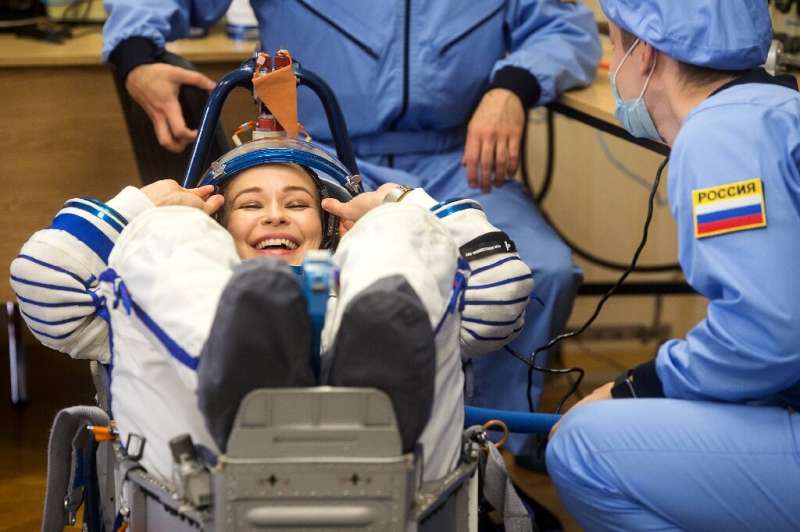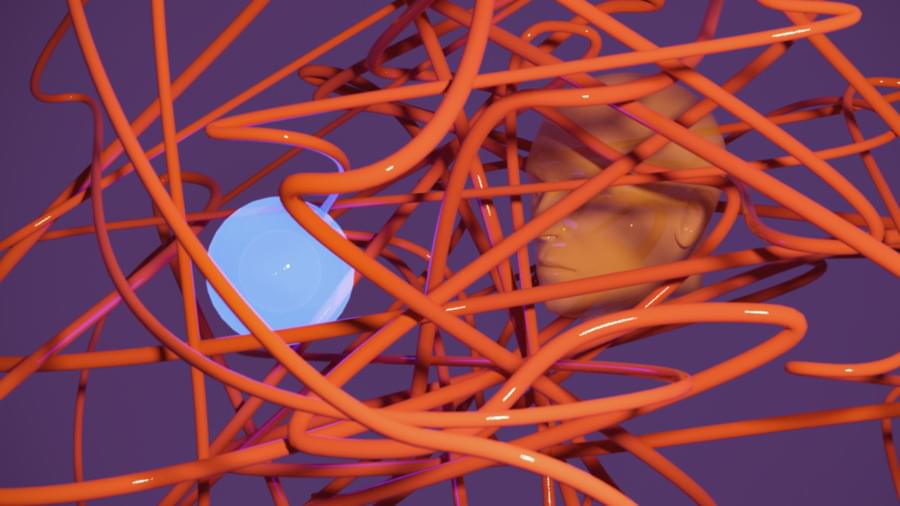Taiwan’s Ministry of National Defense (MND) has unveiled its new “Army Iron Man” powered exoskeleton system for troops to use on the battlefield and during disaster relief. The first-generation suit was reportedly designed by Taiwan military’s top research body, the National Chung-Shan Institute of Science and Technology (NCIST)
The unveiling of what is dubbed as the ‘ironman’ suit comes in the backdrop of rising tensions between Taipei and Beijing.
#Taiwan #IronManSuit #China.
Crux is your daily dose of the big, viral and relevant news in a few minutes. It’s your ultimate guide to staying informed on the latest in politics, international relations, sports, entertainment and social media.
Follow CRUX on Instagram (@crux.india): https://bit.ly/3qSFx1K
Follow CRUX on Facebook: https://bit.ly/2Lte7iF
#GetCloserToTheNews with latest headlines on politics, sports and entertainment on news18.com https://bit.ly/2Y4QccL
Also watch:
Crux One Take: https://bit.ly/3oNaLWf.
Crux Files: https://bit.ly/3mnbnjW
Crux BTS: https://bit.ly/3oCjbQE

